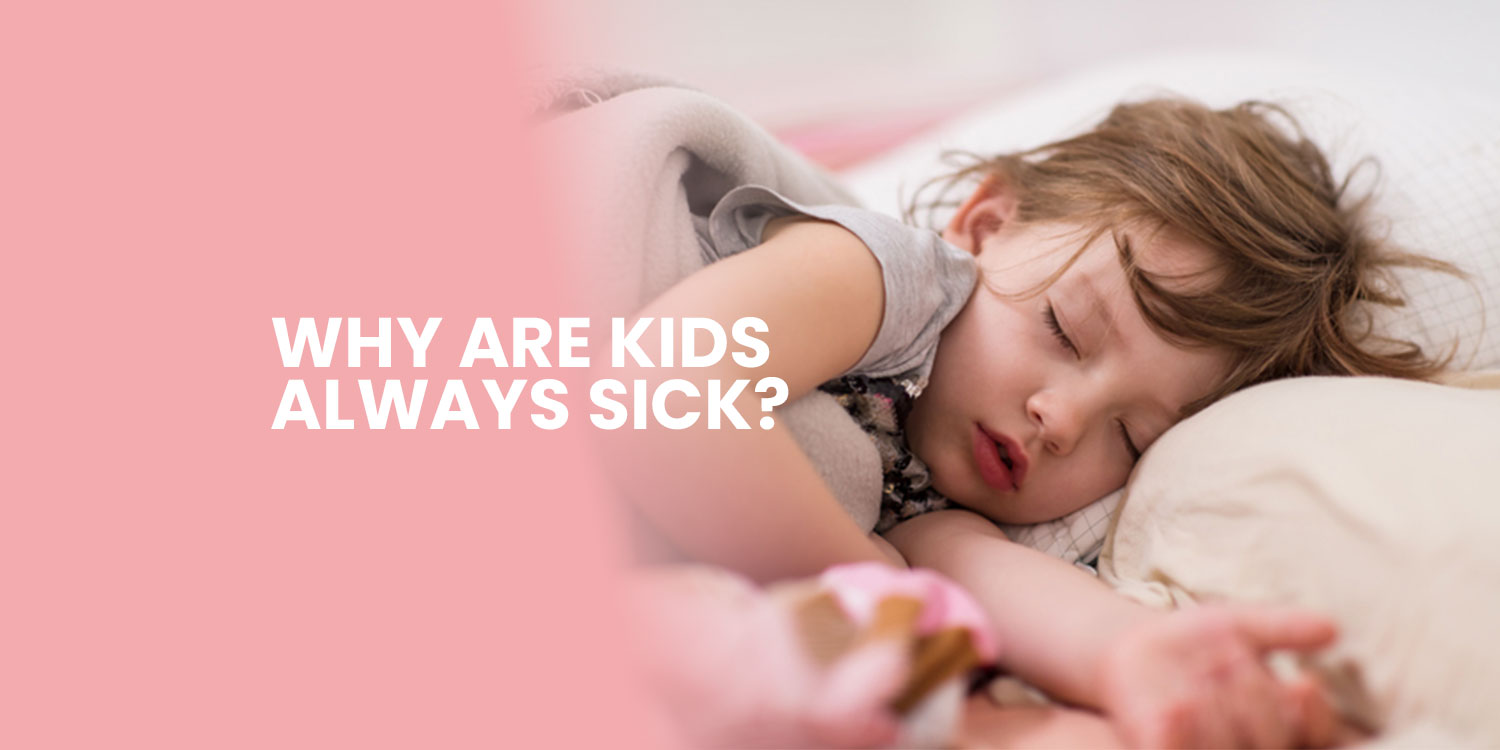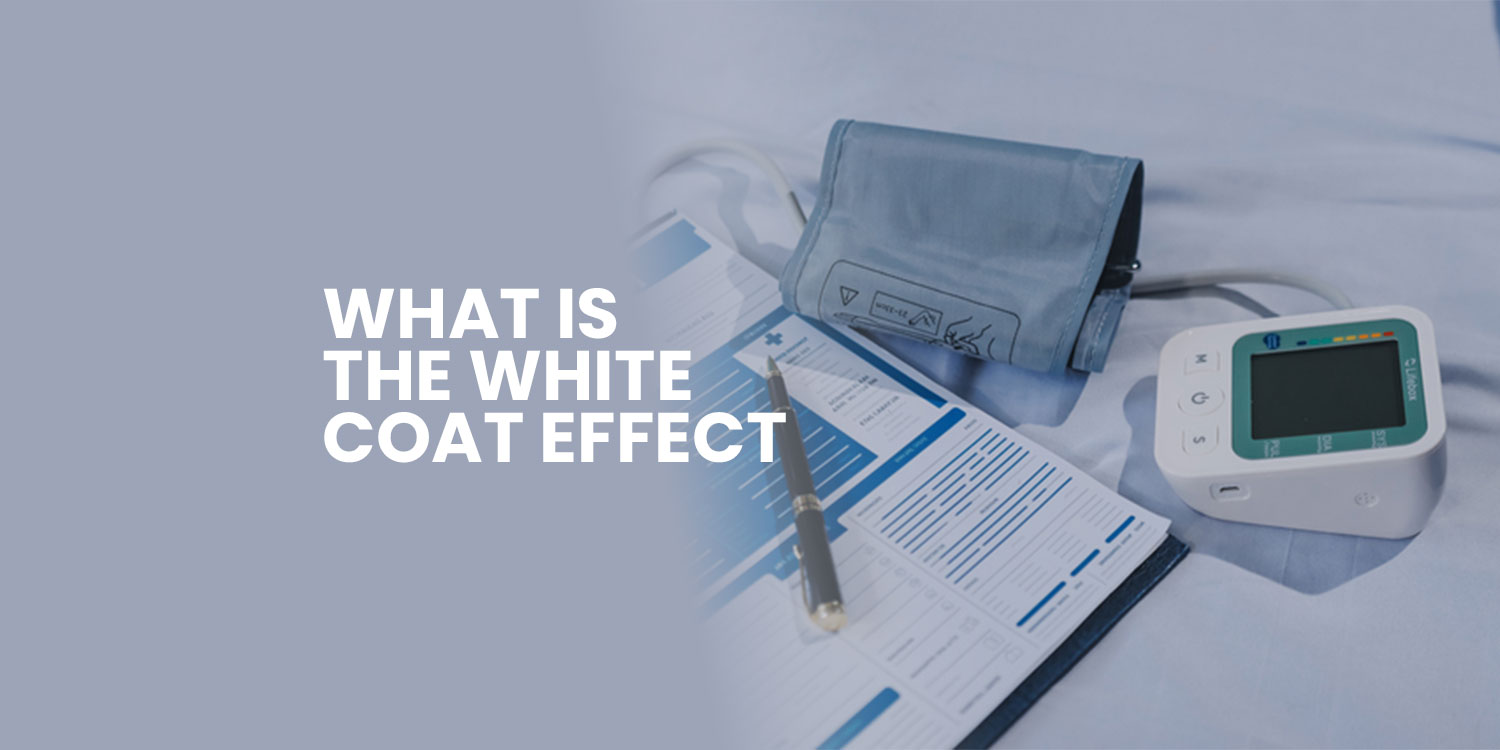If you are feeling lonely and lost go easy on yourself and do not be afraid to reach out for help. There are many people going through the same thing you are and there are countless others who care about your well being. Sometimes we get stuck in the dark so long we have trouble adjusting our eyes to the light. Do not be afraid to reach out.
Post Traumatic Stress Disorder
Post-traumatic stress disorder, also known as PTSD, can occur to anyone who witnesses or experiences a life threatening or violent event. Women are more likely to experience PTSD because they are more likely to be the victims of personal attacks.
PTSD can be hard to deal with because often patients can be triggered or have flashbacks where they suddenly experience traumatic memories and emotions. It can often feel like you are on a roller coaster waiting for it to drop. For that reason patients can come to feel detached or emotionally numb as a way to cope with their flashbacks.
Symptoms of PTSD
Re-experiencing trauma through flashbacks or nightmares.
Emotional numbness and avoidance of places, people and activities that are reminders of the trauma.
Increased arousal and difficulty sleeping, concentrating, feeling jumpy and being easily triggered and angry. This is a feeling where a patient is constantly on guard or acting in such a way that they feel that danger is lurking around every corner.
Experience of Negative thoughts and beliefs. Patients may have difficulties in remembering important parts of a traumatic event. They also have a loss of interest in once positive activities as well as feeling as if their life may be cut short.
Coping with PTSD
PTSD can be debilitating affecting all parts of our lives as well as our relationships. People who have PTSD may be more likely to use other strategies to cope such as alcohol or drug abuse. For this reason it is important for patient with PTSD to look at healthy strategies that can help them cope with PTSD. Some of these strategies can include:
Cognitive Behavioral Therapy
Cognitive behavior focuses on harmful or irrational thoughts that can influence our behaviors. By focusing on changing our thoughts we can ultimately change the way we react in certain situations.
Exposure Therapy
Exposure Therapy is when you are exposed to what is causing your symptoms of stress so you can fully confront your thoughts, feelings or situations that you fear.
Acceptance and Commitment Therapy
This is a type of treatment where instead of avoiding our pain we come to accept our pain to help us better understand where the pain is coming from allowing us to still live full and meaningful lives.
Eye Movement Desensitization and Reprocessing
This is a type of therapy where you think about your trauma while focusing on an outside stimuli such as a light or a finger moving in the patients periphery. It helps the patient form new connections between their trauma and positive thinking.
Medications
Some of the medications that are used to help treat PTSD include Selective Serotonin Reuptake Inhibitors (SSRIs), Beta Blockers, as well as mood stabilizers and antipsychotics.
For patients who are suffering from PTSD may be suffering from a chemical imbalance. Medications such as an SSRI’s can help to restore that balance and give a more positive outlook.
Some medications can also help to decrease our physical responses to PTSD. Beta blockers can be helpful as they reduce hyper-arousal by decreasing your heart rate and as a result you might not be as jumpy throughout the day.
Misconceptions of PTSD
It was previously thought that only soldiers or people in war zones experience PTSD but anyone who experiences a traumatic event can experience PTSD.
PTSD is not “just in your head.” It is a recognized mental health problem that has been long studies.
PTSD also does not happen right after the traumatic event for all patients. Sometimes the symptoms may not occur for months or years after the traumatic event.
PTSD is not something you can just move past easily and move on from. The strong emotions you have with PTSD do have an effect on changes in your brain. PTSD is a medical condition that requires hard work and reliance on coping strategies to help move past it.
You are not alone when it comes to PTSD. You can get back to enjoying life and being a part of your community. There will be ups and downs but with counselling, medication and support from your loved ones you can get back to being you!




